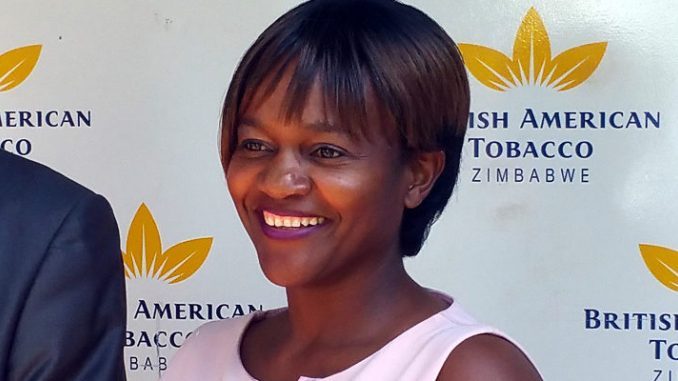‘Illicit cigarette trade a concern’
Rampant illicit trade of cigarettes on the streets is fast becoming a challenge to local cigarette firms as well as the economy in general, industry experts have warned.

Following the acute cash shortages that started in 2016, there has been an increase in the use of plastic money by conventional retailers.
However, this is not the case with illegal traders selling locally manufactured goods as well as smuggled products on the streets for cash at a cheaper rate.
Cigarette sticks are finding their way on the streets where they are sold at an estimated half price on cash basis, subsequently prejudicing sales in conventional shops as well as the country’s tax base.
Listed cigarette manufacturer British American Tobacco (BAT) managing director Clara Mlambo, said apart from the foreign currency shortages that has affected local industry and low disposable incomes, the sector was also suffering from the illicit trade of cigarettes on streets, particularly the low value brands.
These are usually sold at 50 cents a packet while the officially gazetted average price in conventional retail outlets is $1,50.
“We have seen some products from other companies but not our brands. They are sold so cheap on the streets, which means the consumers will buy those due to pressure on their wallets.
“This has an impact not just on our businesses but Government too because these people are not paying taxes,” she said.
Mrs Mlambo said there was a need for increased enforcement by revenue authorities to curb the challenge, which was posing a threat to the sector.
BAT’s lower value brands, however, had a 460 percent growth during the year ending December 31 2017, compared to prior year.
This pushed overall sales volumes 10 percent higher compared to 2016. At $2,7 million in the year under review, total revenue was 8 percent above prior year driven by the increase in sales volumes.
Gross profit jumped 8 percent to $26 million driven by revenue increase and effective cost management. Profit after tax rose 25 percent to $10 million.
Mrs Mlambo said despite the persistent foreign currency shortages that posed a challenge on suppliers’ payments, BAT was optimistic of its prospects and encouraged by Government initiatives aimed at improving the business environment and attract investment into the country. The Herald






